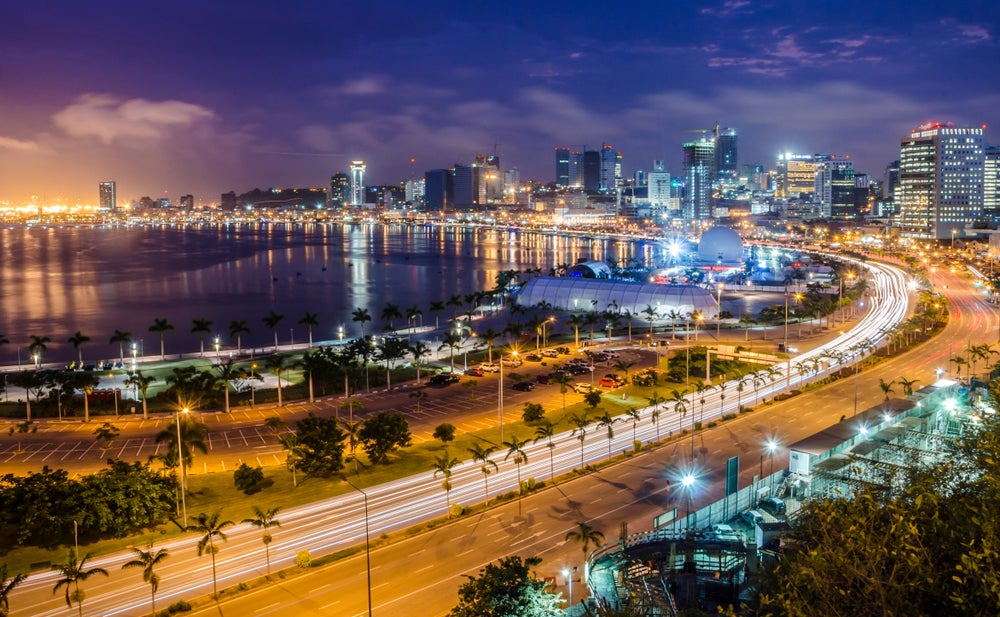
A second Railway Technical Conference in Luanda, Angola’s capital city, was held last week.
The event was in part held to commemorate the 135th anniversary of the start of railway exploration in Angola, according to the Angolan Government’s Secretary of State for Land Transport Jorge Bengui, who attended the event.
The event was also attended by Portuguese Government ministers, including João Galamba, the Minister of Infrastructure and Housing of Portugal.
A key project for the Angolan government in the coming year, according to Bengui, is improving the efficiency of Luanda Railway (Caminho de Ferro de Luanda, CFL). This key 400km (250-mile) line from the capital and its port to the centre of the nation was first built by a Portuguese colonial company in 1889. After a tumultuous 20th century, the line was rebuilt by China Railways’ international development arm in 2005.
The CFL has recently updated its signalling and telecommunications tools, according to the secretary of state, paving the way for further track improvements.
There are further plans for wider network development as well as the initial efficiency work.
The Transport Ministry is planning to connect three major lines in Angola by extending the CFL in multiple directions.
Bengui explained that priority will be accorded to linking Malanje and Saurimo and extending branches from Luena to Saurimo, Malanje to Cuito and Cuito to Menongue.
Currently, Angola only boasts three major rail lines and only one is international. Despite a long history of rail in the nation, the growth of the network was stunted by political upheaval in the years after the Portuguese colonial powers left.
Angola’s rail services run from coastal cities inland, with the Lobito line connecting to the Democratic Republic of Congo via its terminus in Tenke.



